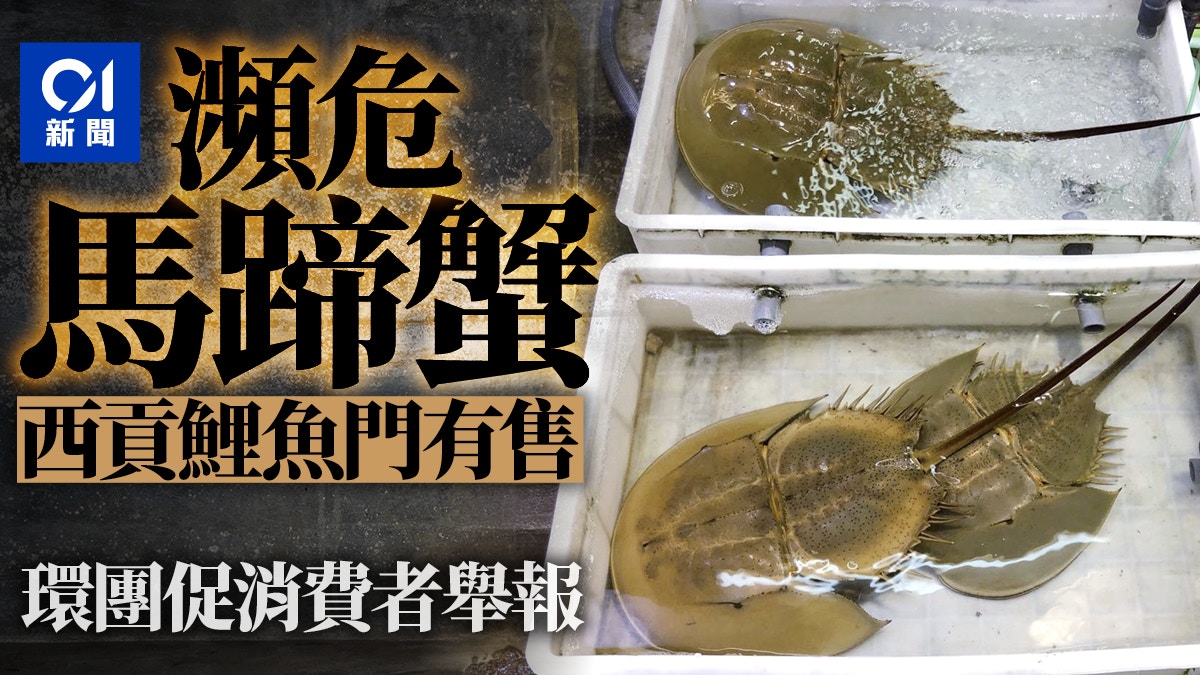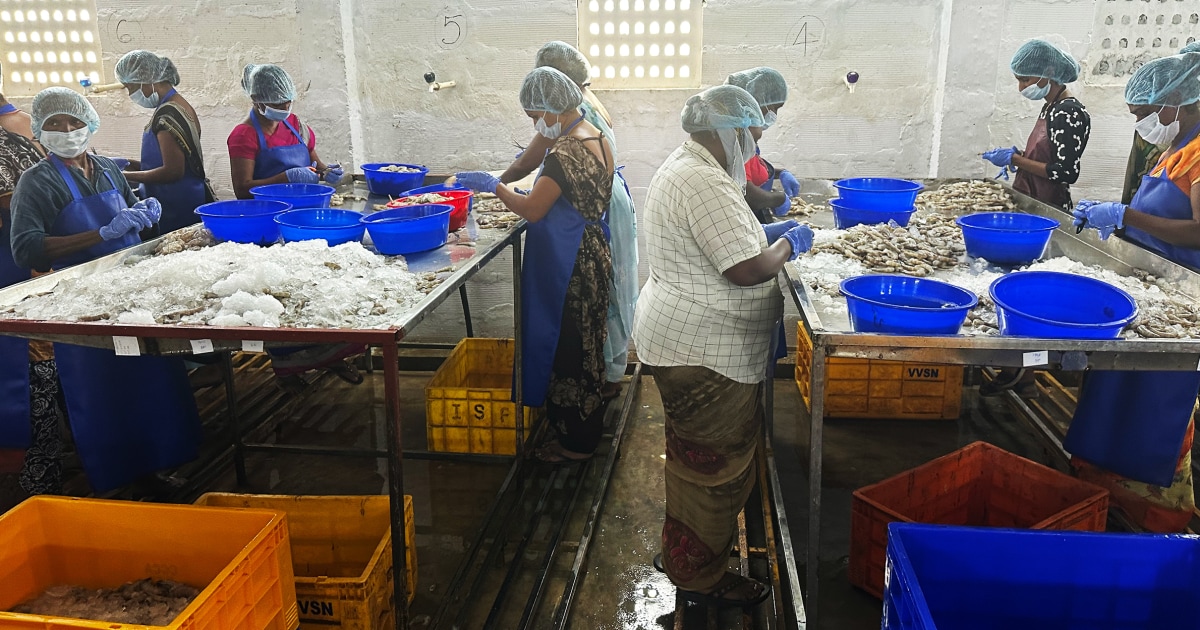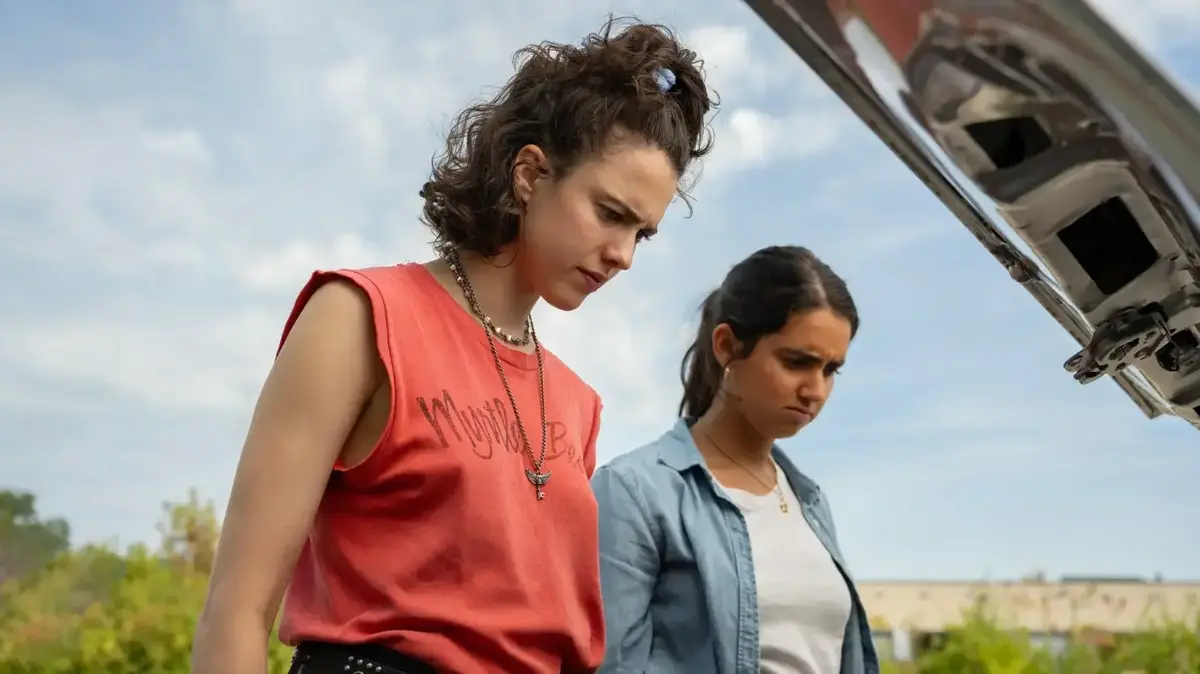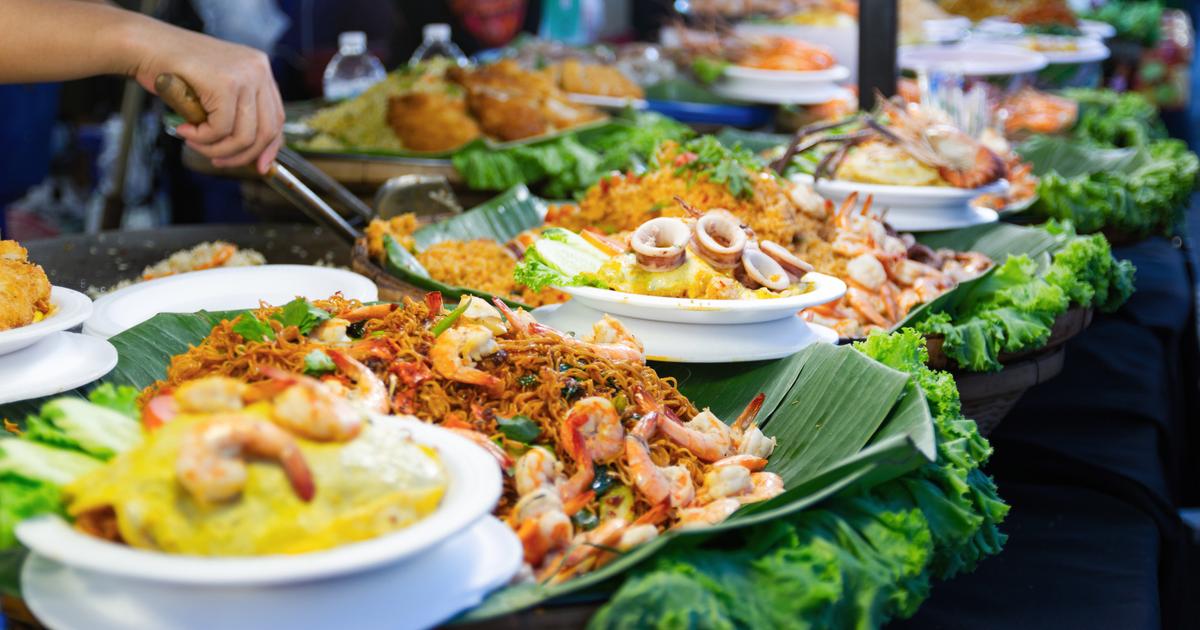Social News
Written by: Golden Chess
2021-06-20 00:00
Last update date: 2021-06-20 00:00
Horseshoe crabs, known as "living fossils," have survived the earth as early as 475 million years ago.
The Chinese horseshoe crab species that can be found in Hong Kong was also named an "endangered" species in 2019.
The environmental protection group World Wide Fund for Nature (WWF) Hong Kong Branch (WWF) found that many seafood hotspots in Hong Kong, including Sai Kung Seafood Street, have restaurants or seafood restaurants selling horseshoe crabs, and about half of them are Chinese horseshoe crabs.
WWF launched the "Thinking Before Thinking" campaign, encouraging the seafood industry to promise not to sell or display hoof crabs, and to display stickers in shop windows. The action has been responded to by 26 shops in Gonggong, Tun Sansheng, etc. .
WWF also called on more shops to join, and consumers should not buy them. If they see horseshoe crabs on sale, they can notify WWF.
WWF conducted market surveys from September last year to March this year, and randomly visited 98 seafood restaurants in Hong Kong located at Gonggong Seafood Street, Li⿂⿂⾨ Seafood Street, Tun ⿂⿂⿂⾨ Seafood Street, Tun⾨Sansheng, ⻑ Chau and Bei⾓ Wharf. The seafood file records the sales or exhibition of adult hoof crabs.
The investigation found that most of the shops did not sell hooves crabs, but there were still 7 shops selling adult hooves crabs or exhibiting, and most of them were located in Sai Kung Seafood Street, Lei Seafood Street and Tuen San Sheng.
WWF Marine Conservation Project Manager Peng Lien said that the price of hoof crabs for sale ranges from more than 100 yuan to more than 300 yuan; 53% of them are Chinese horseshoe crabs and the rest are poisonous horseshoe crabs.
She also confessed that although she did not witness any customers buying on the spot or eating in the restaurant, WWF went to the stall to observe after a period of time and found that the number of crabs displayed by the merchants involved had decreased, and the stall owner also pointed out that she had "Goods", so it proves that some citizens actually buy them.
In addition, WWF also commissioned the Hong Kong Institute of Italian Studies to interview more than 1,000 cities by telephone in January this year to analyze Hong Kong's awareness of hoof crabs and their conservation policy implications.
The results show that the market generally has a low understanding of hoof crabs. 53% of the respondents said that “have never heard of such things as hoof crabs”; only a few respondents said they had bought horseshoes. Four of them had bought crabs for food or viewing.
Fishermen said that the distribution and number of hoof crabs in Hong Kong tend to decrease
Peng Lien bluntly said that in recent years, the threat to hoof crabs has become more and more serious, because their blood can be made into "limulus reagent", which can be used as medical equipment for testing, especially during epidemics.
WWF has also interviewed local fishermen, and most fishermen also agree that the distribution and number of adult hoof crabs in Hong Kong is on a decreasing trend.
She also pointed out that although in the "Hong Kong Biodiversity Strategy and Action Plan 2016-2021", hoof crabs are included as one of the species in the "Conservation Action Plan for Species Subject to Priority Conservation", but they are not regulated. Buying and selling.
WWF launched the "Think Before Thinking" campaign to encourage the seafood industry to promise not to sell or display hoof crabs.
For example, Peng pointed out that during the operation, they had visited a shop that sold hoof crabs and lobbied, "The shop should accept not to sell again, but insisted on showing it, because they hope to attract more people to watch."
She emphasized that hoof crabs should not be one of the options for "seafood", and called on more shops to join the anti-sale action; and the general public can notify WWF if they see merchants selling horseshoe crabs in restaurants or seafood markets.
In addition, WWF also held the International Horseshoe Crab Day today (20th), including several lectures.
PolyU research proves that microplastics affect horseshoe crabs' growth and mortality rate up to 70%
Shuikou horseshoe crabs were caught by clam diggers and thrown around WWF to restrict entry into ecologically sensitive areas
[Shuikou Touching Clams] The size of the Hong Kong version "Mirror of the Sky" sand white and horseshoe crabs may be extinct
Suspected stealth development farm adjacent to a site of special scientific value, fearing to chase out black-faced spoonbills and horseshoe crabs
Horseshoe crabs are actually "water spiders"?
Horseshoe crab may not be an independent biological evolutionary history or rewrite
01News
WWF Marine Life Protection Animal Seafood Market















